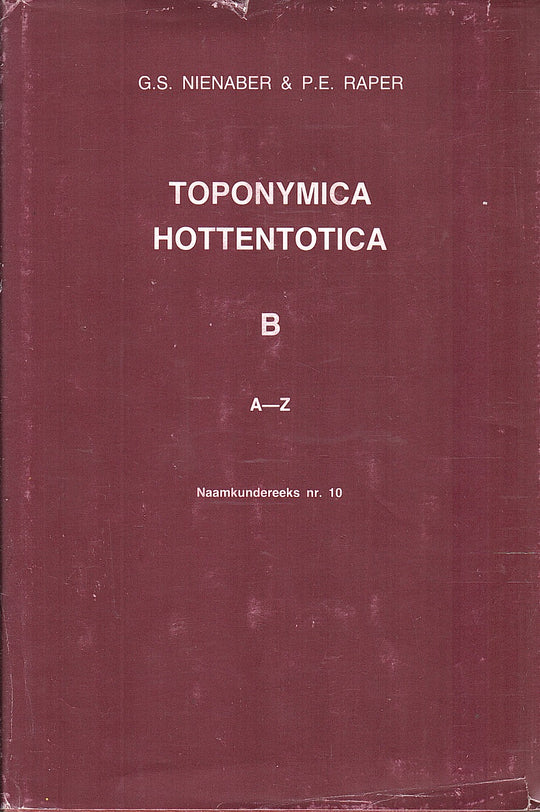Guchab
In th a * 470-1, a statement by Mr FK Krenz was given exactly that the name means the 'gap where the (stolen) sheep were held', d.w.s. It was declared as Gu- + ╪ Ga-F -B. The brown people see it differently. The -Cha - eg. Not like Nama -Xa- = much, abundant to (something). According to them, the ground is the Nama word for 'forehead'. Forehead is in Namaǃ U-S, in Korana it is recorded with rimmed input asǃ Kx'u-b, viz. By Meinhof 1930, while Engelbrecht recorded 1928ǃ U-XA-MS. These -ms appear in other dialects than -B / -s, D.W.S. ǃ U-XA-MS is equal toǃ UXA-B, Verarized as Iguxab (cf. hott 509-510). Linguistically, Mr Xaregeb and his team are also too defended. Interestingly that formǃ (G) ucha-b. Still kept in Korana of about 1930, lost in Nama, but still preserved in an old place name. The name Guchab is still preserved today for the station east of Otavi, but then defaces as Uchab, whereby. The 'man with the big forehead' relies on a parable with the rock point there. Otherwise, as with Mr Krenz.




